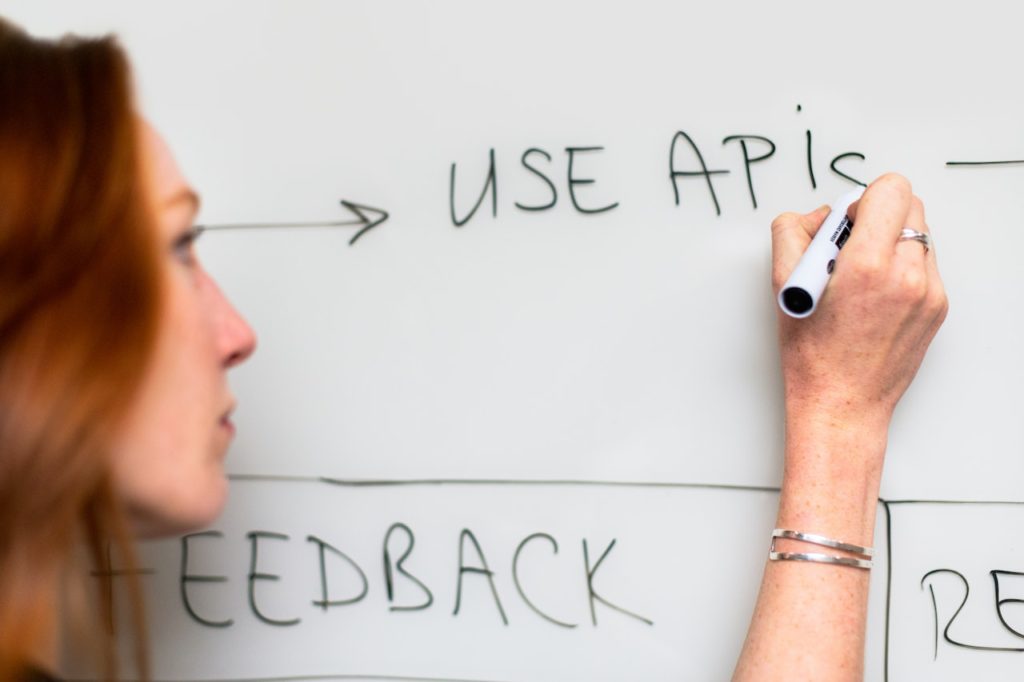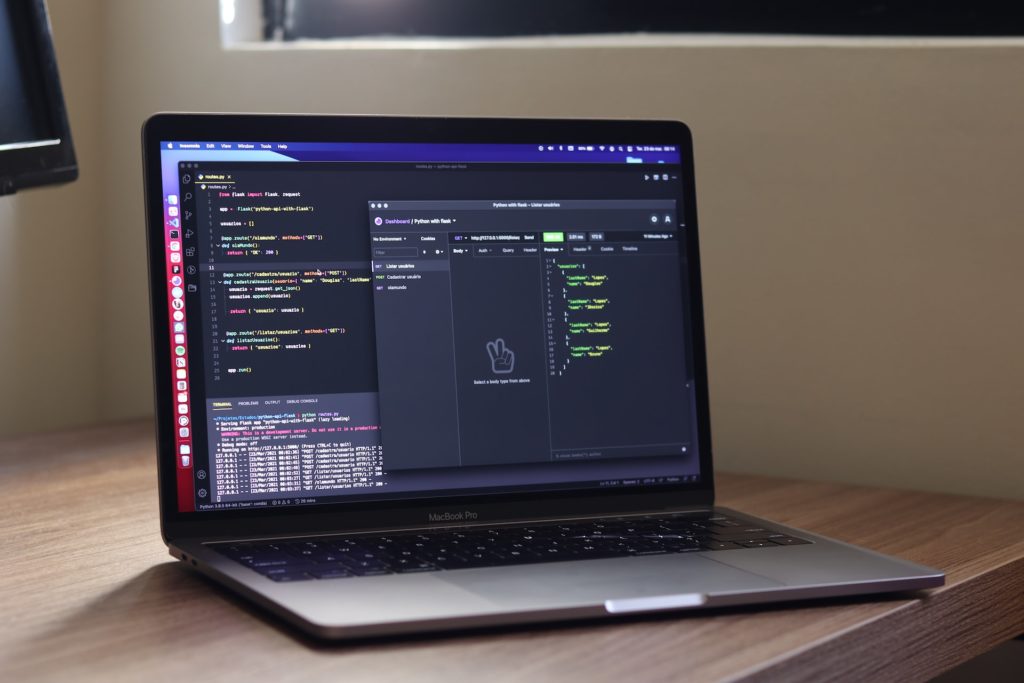It’s always a great idea to make use of a lightweight PHP framework especially while developing a REST API.
A framework is PHP language can be considered as a true means to enhance productivity to deliver faster results without deviating from best standards and practices.
Although, developing the REST APIs using the plain PHP is a very time-consuming process that requires lots and lots of time and effort. Hence, it is prone to deviate from the standards and requires extensive testing.
Now making use of micro-framework means carrying out the PHP Rest APIs development as smooth as a baby’s bottom.
All you require to do is get ready to use components, separation of logic, libraries, and freedom from security related issues without doing anything much around these areas. In the following post, I would like to mention some of the best lightweight PHP frameworks used for rest APIs development…
1.) Slim
In the current era of digital revolution, Slim is considered as one of the best PHP micro-frameworks that enable the developers to develop complex web applications and APIs with ease.

This gives a complete range of flexibility, control and enables a developer to create entire PHP web service in a single PHP file.
In addition to this, the presence of scalable and modular architecture allows the web developers to make use of things that are exactly needed, no more and no less.
Slim Micro Framework comprises of a wide range of features like disable or enable the application debugging for debug API.
Moreover, it will end up displaying the accurate debugging information for exceptions and errors. By supporting any PSR-7 HTTP message implementation, a PHP developer can easily inspect and manipulate HTTP message method, URI, headers, status, cookies, and more.
2.) Silex
Another interesting micro framework is Silex. It stands on the shoulder of Symfony, Pimple and is highly inspired by the philosophy behind Sinatra.
Some of the top features offered by the micro frameworks are intuitive and concise API, one step controllers and routers mapping, micro service container to build the extension system, ultralight, testable and fun to use.
And of course, it is easier to tie in third party libraries. Another interesting thing about the version is that it is extremely fast and is widely utilized by the smaller services or those who depend on primary large amounts of data processing.
3.) Wave
Built on factory method design pattern and model-view-control-architecture, Wave offers a wide range of features such as secure and modern API-centric framework, API returns CSV, HTML, JSON.xml and other data formats.
Built around resource management, caching and smart image and a native API architecture, the framework simply carries a very small footprint.
It may even interest you to know that it is developed by keeping the optimizations and speeds in mind.

4.) Limonade
Much similar to Wave, Limonade incorporates lightweight functionality and simplicity. Used for prototyping and rapid web development, it is inspired by the frameworks like Orbit in Lua, or Sinatra or Camping in Ruby.
Some of its top features include being entirely self-contained, extremely lightweight, minimalistic and simple, easy to use and flexible and so more.
5.) Lumen
Lumen is one of the fastest micro-framework used by the most successful PHP framework of all times, i.e. Laravel.
Starting from being simple in its syntax to easy to deploy, lightning fast, consist of a pre-set range of appliances and extensions, quicker response time, non-measurable entity, more sleeker than Laravel, etc.
All you need to remember is that it is built for microservices and not much for the user-facing applications.